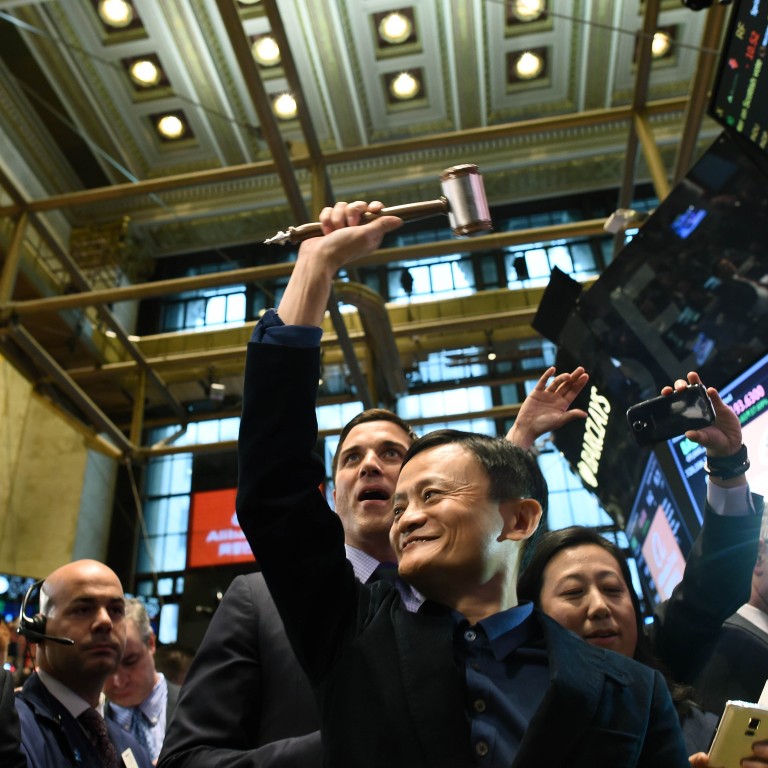
China stays on top with most tech IPOs in the world for first quarter of 2015
The public offerings of Chinese technology companies maintained their leading position globally in terms of volume in the first quarter of this year.
According to a report by PricewaterhouseCoopers, eight listings of Chinese tech firms earned a combined US$1.1 billion in proceeds.
Despite this, the number of Chinese tech IPOs declined by 27 per cent and total proceeds fell by 26 per cent compared with the previous quarter. The number of IPOs in the first quarter of 2015 was also lower than the same period last year, in which 11 companies went public, raising a total of US$987 million.
However, average proceeds increased from US$89.7 million per IPO in 2014, to US$131.9 million this year.
US and European tech companies out-earned their Chinese counterparts despite fewer public offerings. Total proceeds for Q1 2015 were US$1.4 billion in the US, and a massive US$3 billion in Europe, from four and five IPOs respectively.
All Chinese tech companies going public in the first quarter chose to list on Chinese exchanges, following a simplification and streamlining of the IPO process by the regulator.
"While there are a significant number of Chinese technology companies in the US IPO pipleline, we anticipate significant growth in technology exchanges as a result of both the new registration based system and increase in valuations," said Jianbin Gao, PwC's technology industry leader.
Gao anticipated that total growth for 2015 "will surpass that of 2014". Last year was the best year of the decade for tech listings.
Ahead of the offering, analysts had predicted a strong performance by the Shanghai-based company, which provides logistics services to help large brands sell products online, but the deal was priced below its own indicative range.



